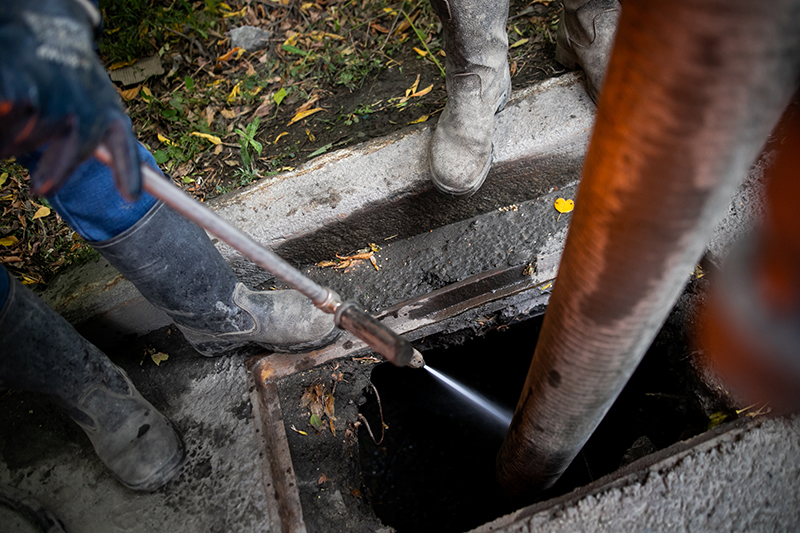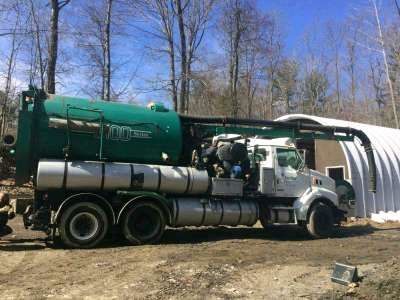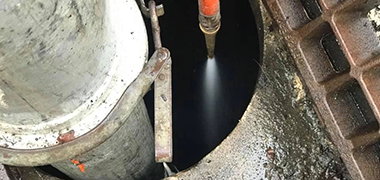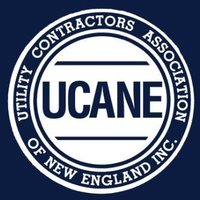
The construction industry is certainly slow to adopt change. Take excavation for example. For hundreds if not thousands of years excavation was performed the exact same way. People would dig holes and move dirt by hand with shovels. While this method certainly works, it is incredibly slow, and tends to cause a great deal of wear and tear on the workers. Then in 1835, William Otis, who was cousins with Elisha Otis of elevator fame, invented a single bucket excavation machine that was powered with steam. Otis’s excavator helped build the railroad rails that industrialized America and revolutionized heavy-duty construction as we know it today.
Similar machines have been utilized ever since to dig holes and move large amounts of dirt. That being stated, the traditional excavation method is expensive, slow, and tends to create a significant amount of damage to both the environment and area surrounding the excavation site. For example, the heavy-duty machinery is pricey to buy or rent, and expensive to operate. Fuel costs alone can run in the thousands or even tens of thousands of dollars per day. Excavation equipment operators are some of the highest paid workers on the construction site.
A typical excavation job can take weeks on end to complete, which means equipment, fuel, and labor costs can run through the roof. Burning all of that fuel is bad for the environment. Backfilling can cause damage to the structure. Last but certainly not least, excavating with heavy-duty equipment is dangerous. Countless accidents that injure or even kill workers occur on a yearly basis. Fortunately there is a superior way to excavate. Hydro excavation is faster, less costly, and less dangerous than digging and moving dirt with heavy-duty machinery.
Believe it or not, hydro excavation was actually invented in the mid 1800’s when miners in California used pressurized water, powered by steam pumps, to strip the land in search of gold and other minerals. It was the first implementation of hydraulic mining. Within the last twenty (20) or so years, hydro excavation has become a popular alternative to traditional excavation methods. Hydro excavation utilizes a vactor or vacuum truck to break up the soil with highly pressured water.
The vactor truck than removes the displaced soil by literally vacuuming it up and placing the soil in the truck’s tank. The soil can be stored in the truck for later use, or removed from the site and disposed of. Hydro excavation only requires one or two workers to operate the equipment, which significantly cuts down on labor costs. It also reduces labor costs because the job can be accomplished in hours or days instead of weeks or months. Hydro excavation is precise, so it does not damage surrounding structures, and uses very little fuel so it does not damage the environment. The hydro excavation process is far safer than traditional excavation methods. There are little to no on site accidents when utilizing this method.
If you have any questions about the hydro excavation process, or would like to schedule service we are glad to help. Jolin Paving & Excavating, Inc. is your New England connection for a vast variety of environmentally related services. Our company has been serving Boston Massachusetts, Southern NH, VT & ME as well as Northern CT & RI since 1952. Please Contact us to learn more today.
continue reading






